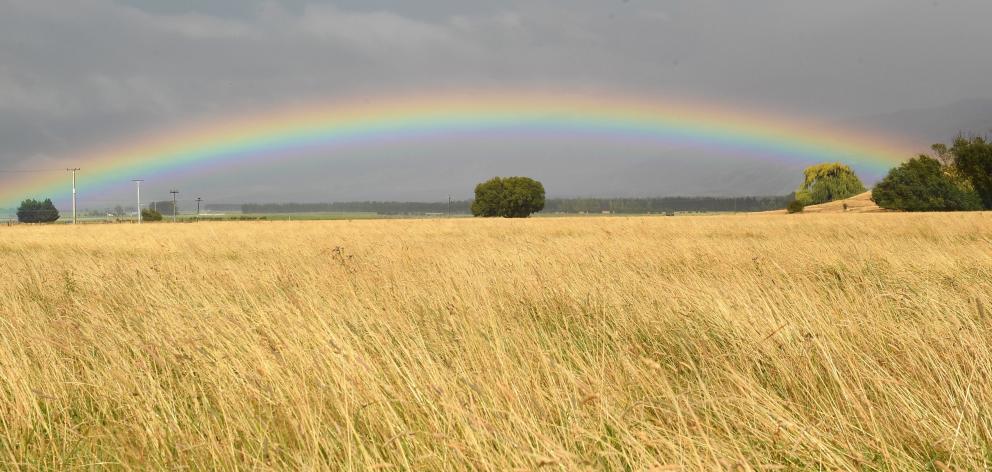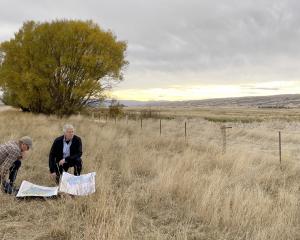
Southland, which at one point headed the ASB regional economic scoreboard last year alongside Otago, slipped from seventh to 12th, with weakness in employment and steep declines in residential building consents and car registrations.
Of the 16 regional council areas, Hawke's Bay remained in top spot for the quarter to March, Manawatu-Whanganui rose from third to second place and Gisborne leapt from 13th to third, having topped the country with building consents issued and annual house price growth.
ASB chief economist Nick Tuffley said despite Otago having been "edged from the podium", from second to fifth place, the province had been rated in the top five for seven of the past quarters.
"That's testimony to a variety of performing sectors in recent times," Mr Tuffley said.
While Otago's "heavyweight" tourism industry had slowed, with guest nights down more than the overall average, Otago Chamber of Commerce chief executive Dougal McGowan said several areas in the primary sector were still performing well, which was an offset to the easing in tourism sector.
He said the rate of tourism growth was easing, compared with the gains made during the past two years.
"We're expecting to see a kick-back come September," he said.
Mr Tuffley said Otago's building activity remained strong, particularly the commercial side, and Dunedin house prices were rising "at a decent clip", which on a percentage basis had continued to outpace Queenstown's rate of property price growth.
Mr McGowan said with a shortage of listings in many areas, and especially with the present low interest rates for more affordable mortgages, he expected pressure would remain on the housing market.
"The lack of listings continues to push demand, which I can't see easing up over the next year, especially with the low interest rates," Mr Tuffley said.
"The backdrop of good meat and horticulture prices, and recovering dairy prices, are also giving the region good legs."
Southland was still seeing some consolidation after its big surge to the top spot last year, he said.
"The housing market is still going strongly, with price growth accelerating and sales turnover rising stronger than anywhere except the West Coast," Mr Tuffley said.
Southland employment was surprisingly weak during the quarter and there were sharp drops in residential building consents and car registrations.
"Nevertheless, we see many positives for the region. Lamb prices are exceptional, dairy prices are set to be higher over the new season," Mr Tuffley said.












